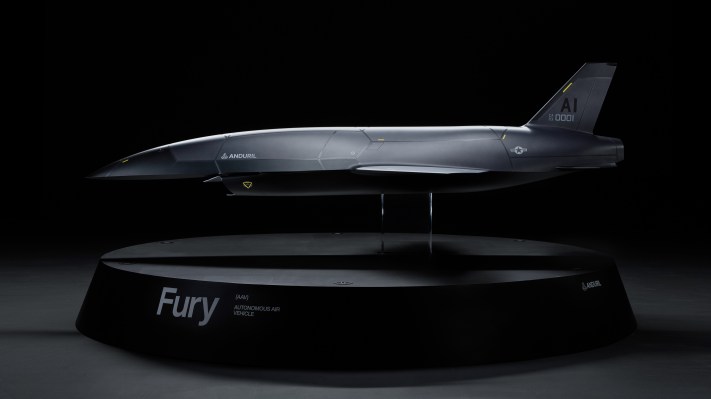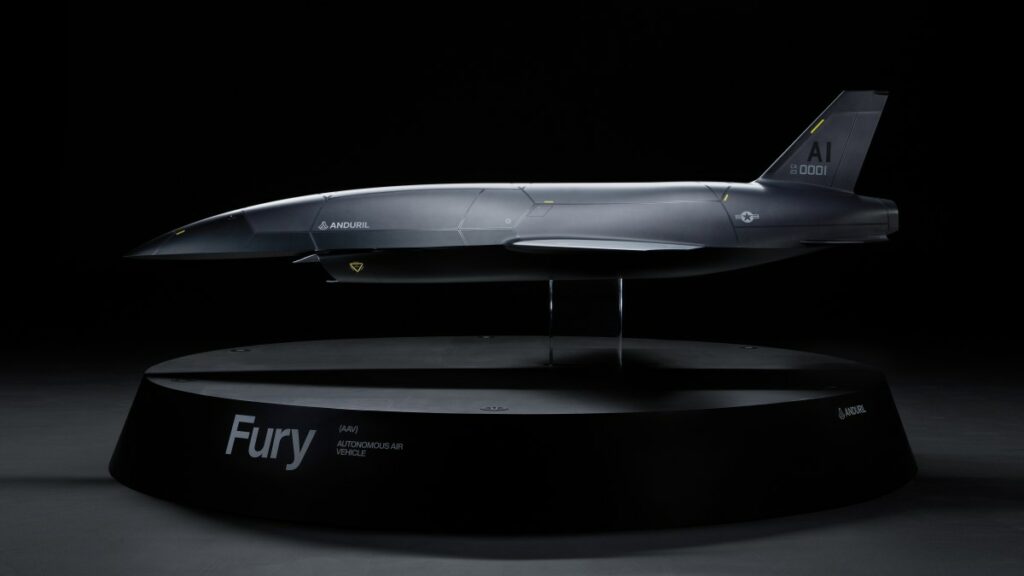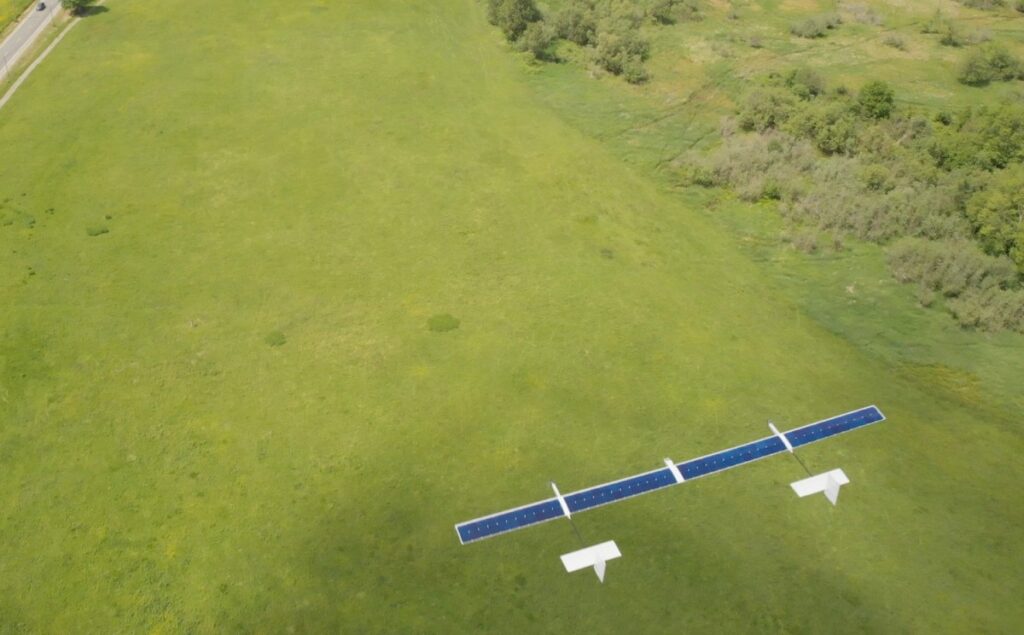
Anduril Industries has taken another step forward in its quest to become the next great American prime, this time by beating out major defense companies to develop and test small unmanned fighter jet prototypes.
The venture capital darling beat out Boeing, Lockheed Martin and Northrop Grumman on the deal, under the Air Force’s Collaborative Combat Aircraft (CCA) program. General Atomics was the other awardee out of the group of five.
Anduril and General Atomics will design, manufacture and test “production representative test articles” as part of the contract work, the Air Force said in a statement. Eventually, the Air Force will make a final, multibillion-dollar production decision in fiscal year 2026 and have fully operational aircraft from suppliers before the end of the decade. It is unclear if the Air Force will select more than one company to deliver production aircraft.
The deal could prove very lucrative for Anduril: Eventually, the CCA program aims to deliver at least 1,000 combat aircraft, which will fly in concert with manned platforms, like the F-35, and deliver their own weapons. The CCA program is part of an Air Force initiative called Next Generation Air Dominance; the aim is to modernize the entire fleet of flying systems, including piloted aircraft (Boeing and Lockheed are still in the running for manned system contracts).
At the center of Anduril’s victory is Fury, an autonomous air vehicle that it acquired when it bought North Carolina-based Blue Force Technologies last year. Anduril moved from acquisition of the tech to winning a major defense award with it in less than a year.
Seven-year-old Anduril was valued at $8.5 billion by investors, including Founders Fund, in 2022, when it announced its $1.48 billion Series E. The outfit’s famous 31-year-old co-founder, Palmer Luckey, has been outspoken about reversing the zero-sum paradigm that has dominated defense spending — which is to say, the defense primes win and the taxpayer loses — by building cheaper assets at a much faster pace.
“Anduril’s work on this program is just beginning,” Anduril SVP Jason Levin said in a statement. “U.S. and allied success in the future requires CCAs to be delivered at a speed, cost, and scale to beat the pacing threat. We look forward to continuing our partnership with the U.S. Air Force to deliver this critical capability to our Airmen as quickly as possible.”


